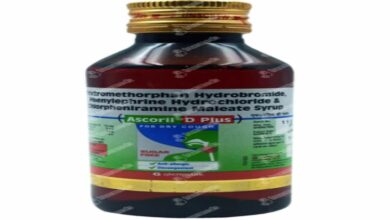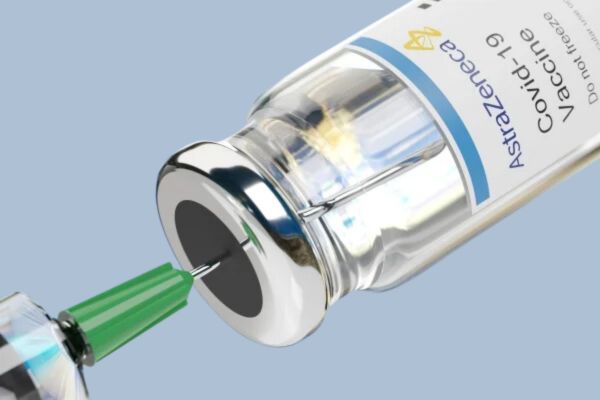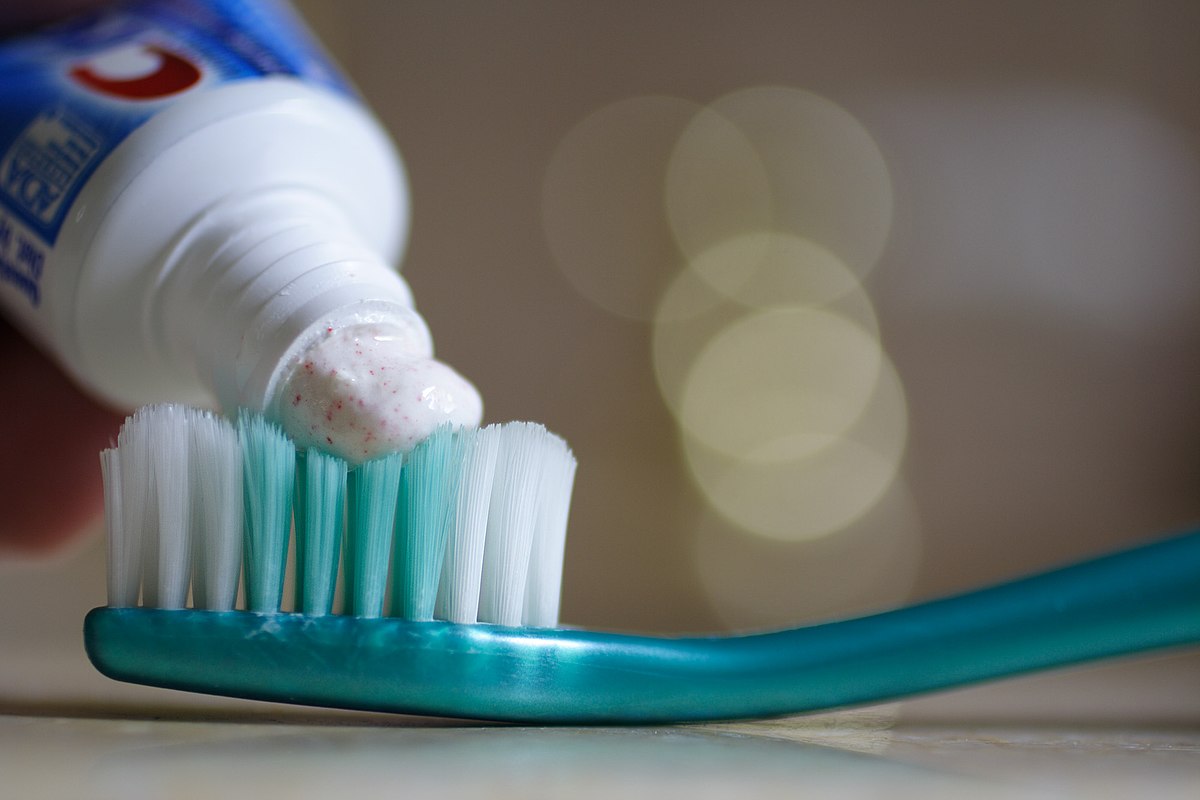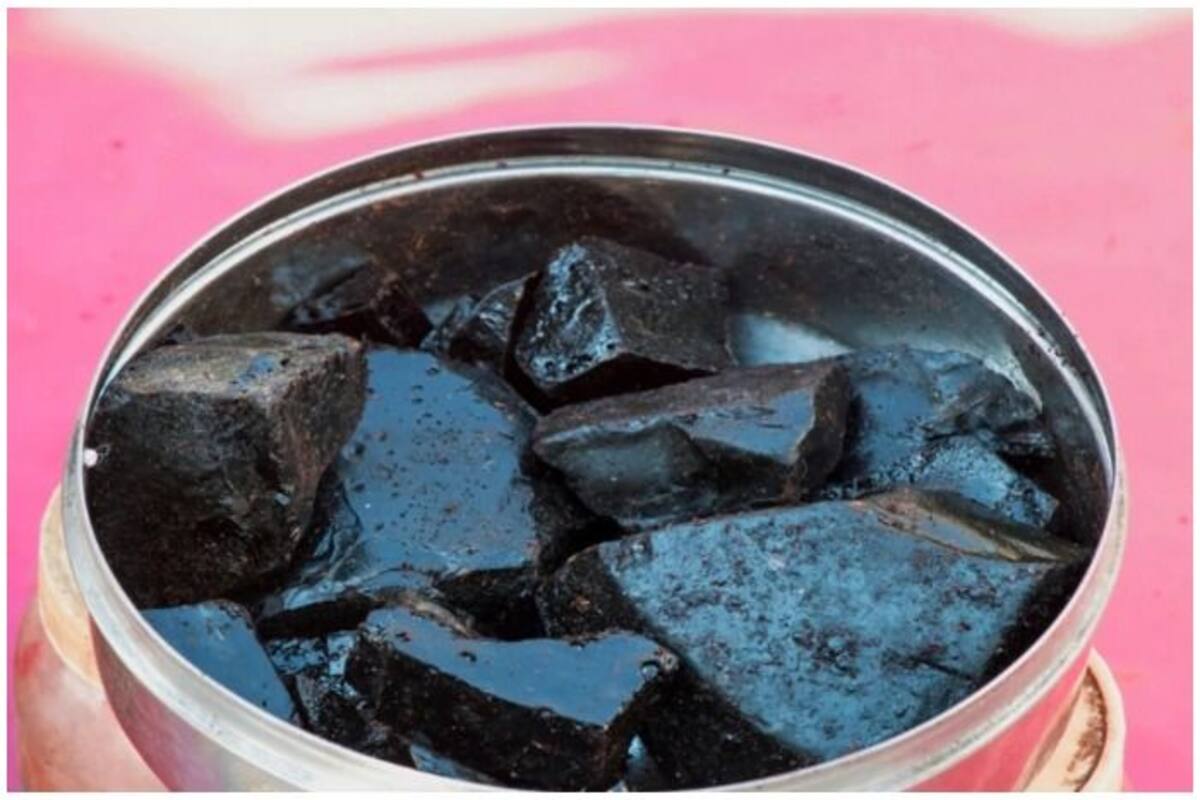A new blood test developed by a team of scientists can detect when someone has not slept for 24 hours, known as sleep deprivation. The test has a 99.2 percent accuracy rate in detecting sleep deprivation, which can increase the risk of serious injury or fatality in safety critical situations.
Experts from Monash University in Australia and the University of Birmingham in the UK conducted the study and found that the biomarker can accurately identify individuals who have been awake for 24 hours. This discovery has the potential to revolutionize the management of health and safety related to insufficient sleep, according to Professor Clare Anderson from the University of Birmingham.
With around 20 percent of road accidents worldwide attributed to sleep deprivation, researchers believe this test could help identify sleep-deprived drivers quickly and effectively. Anderson noted that driving after being awake for 24 hours is comparable to performing under the influence of more than double the legal alcohol limit in Australia.
While the test shows promise for detecting sleep deprivation, further validation is needed before it can be used in forensic settings. The biomarker can detect sleep deprivation starting from 18 hours of being awake, making it a valuable tool for monitoring individuals who may be at risk due to lack of sleep.
The potential of this blood test to accurately detect sleep deprivation could have significant implications for public safety and health. Researchers are hopeful that this discovery could lead to the development of practical and efficient ways to address the dangers posed by sleep deprivation in various settings.

 Community Health Initiatives: How Local Engagement Improves Overall Well-being
Community Health Initiatives: How Local Engagement Improves Overall Well-being Unlocking the Benefits of Medicare Part D Plans for 2025
Unlocking the Benefits of Medicare Part D Plans for 2025 Comparing Ascoril D Plus with other cough syrups and expectorants on the market
Comparing Ascoril D Plus with other cough syrups and expectorants on the market AstraZeneca’s Covishield To Cause Rare Yet Serious Side Effects
AstraZeneca’s Covishield To Cause Rare Yet Serious Side Effects Reinforce Your Smile: Discover the Benefits of Hydroxyapatite Toothpaste
Reinforce Your Smile: Discover the Benefits of Hydroxyapatite Toothpaste Shilajit for Women: Balancing Hormones and Supporting Wellbeing
Shilajit for Women: Balancing Hormones and Supporting Wellbeing Learn All About Truck Accident And What a Truck Accident Lawyer Can Help
Learn All About Truck Accident And What a Truck Accident Lawyer Can Help Fever: Symptoms, Treatments, Types, and Causes
Fever: Symptoms, Treatments, Types, and Causes